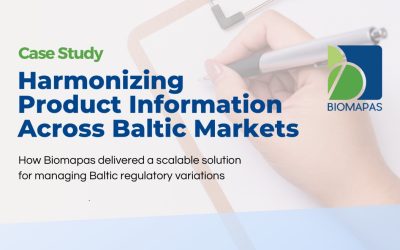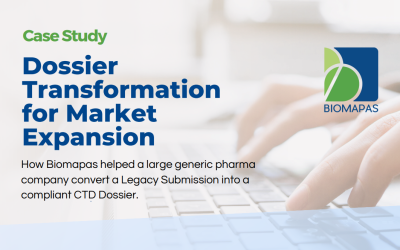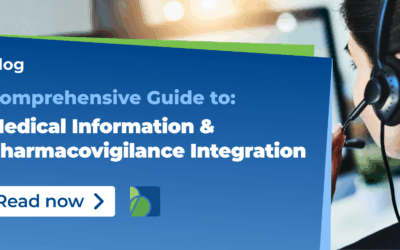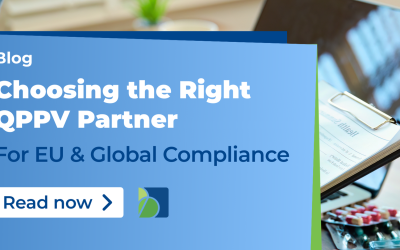Regulatory Authorities across the MENA region indicate a specific validity period for the Marketing Authorization Approval certificate of pharmaceutical products that ranges between four to five years in most countries. The purpose behind this license validity period is to enforce the regulation that requires pharmaceutical companies to apply for the Marketing Authorization renewal in the MENA Region.
The Renewal guarantees that the regulatory authorities are getting the latest updates at three levels:
- The quality part of the product registration dossier or Module 3 (i.e., stability studies, finished product specifications, etc.)
- Pricing information in the reference countries and the country of origin (i.e. ex-factory price, the wholesaler price, and the public price)
- Marketing Status in the country of origin (i.e. confirmation that it is still marketed in its country of origin, which is evident on the Certificate of the Pharmaceutical Product)
Marketing Authorization Renewal Requirements in the MENA region
The validity of the registration license slightly differs from one country to the other. Countries that require renewal every five years include:
- GCC countries (KSA, Kuwait, UAE, Bahrain, Oman, Qatar, Yemen)
- Jordan
- Algeria
- Morocco
- Tunisia
- Iraq
- Libya.
However, countries such as Lebanon require renewal every four years. Also, some other countries, e.g. Egypt, differentiate between chemical and biological products in defining a validity period for the license. The validity period of the chemical product license is ten years, and that of the biological product license is five years.
The renewal requirements are pretty similar across most of the MENA countries where at minimum, the following documents would be required:
| Module 1 |
|
| Module 3 (3.2 S Drug Substance and 3.2. P Drug Product Sections) |
|
| Samples and reference standards for analysis by the regulatory authorities where applicable | |
| Product Manufacturing Sites Accreditation Certificates (GMP certificate and inspection reports) from their respective regulatory authorities and from reference stringent competent health authorities, e.g. US FDA, EU, Switzerland, Canada, Australia. Some countries would require submission of separate manufacturing sites renewal files like GCC countries, Jordan, Iraq and Libya. | |
Pricing Changes for Marketing Authorization Renewals in the MENA Region
One of the biggest challenges that pharmaceutical companies may face post-registration of their products in the MENA region is the continuous price erosion, even before the renewal is due. There are several changes and related regulatory activities that, depending on local regulations, trigger repricing of the drug product:
- Some major variations to the content of the registration dossier, e.g. change in the manufacturing site or change in the MAH
- Change in the prices of the “reference” countries
- Change in the prices of the country of origin (i.e. the country that issues the CPP)
- GHC (Gulf Health Council) price unification which is a price harmonization initiative to the lowest registered price in the GCC region that can happen at the time the product is registered in 2 or 3 GCC countries
- Specific repricing periods such as Repricing period every one year for products registered via fast track in Egypt and repricing every two years as imposed by the regulations in Jordan
- First Generic entry to the market trigger repricing of the brand in some countries like KSA and Oman. Other countries will follow shortly KSA new reduced prices such as Bahrain, Kuwait, UAE and Qatar via GHC unification and Jordan as enforced by their regulations.
- Submission of the renewal file of the marketing authorization which is a step that triggers price revision in the following countries: GCC countries (KSA, Kuwait, UAE, Bahrain, Oman, Qatar, Yemen), Jordan, Algeria, Morocco, Tunisia, Iraq, Lebanon, and Egypt. Libya still does not have product registration and pricing laws where it is enough to register the companies or manufacturing sites in this country to market the product.
Accordingly, the Renewal adds to the frequent repricing activities that ensure prices are continuously revised and fixed in most cases to the lowest prices among the regional or international basket of reference countries prices. Countries that are well known to have the lowest prices and which the regulatory authorities in the MENA region frequently use in benchmarking include Hungary, Australia, South Korea, Turkey, Greece, Spain, and Italy.
Saudi FDA has recently updated their price certificate template and included Brazil among the new reference countries for pricing, which they will look at while pricing the products for the Saudi market. It will significantly impact pricing in the MENA region, especially since KSA is a reference pricing country for almost all the countries in the Region.
___
It is vital for the Marketing Authorization Holder serving the MENA region to be aware of the existing Renewal procedure and requirements. Submissions shall be timely done, and necessary approvals must be secured to avoid any supply interruption risk due to license expiry issues. Furthermore, as Renewal is in most instances associated with a price review, the MAH shall be prepared to set an appropriate pricing strategy.
Given the frequent repricing events and potential price erosions, which could be painful if happening early in time after product registration, especially for innovation-driven pharmaceutical companies that invest immensely in research and development, it is recommended that industry representatives involved in pricing continue working together and having open communication with regulators explaining the added value of their medicines and patients benefits including planned patient support programs which could justify better pricing for their products.
Local Affiliate Services That Deliver the Best Results
Find out how local affiliate services can reduce compliance risks and support effective regulatory strategies in the pharma industry.
Harmonizing Product Information Across Baltic Markets
Navigating multilingual product information across several markets can be complex – but it doesn’t have to be. In this case study, we share how one of our partner companies successfully harmonized their SmPC, PIL, and labelling across the Baltic region, working with...
Dossier Transformation for Market Expansion
Struggling with outdated dossiers and complex regulatory requirements? We partnered with a large pharma company to transform a fragmented legacy submission into a fully CTD-compliant dossier for successful market expansion in Europe. In this case study, we break down...












